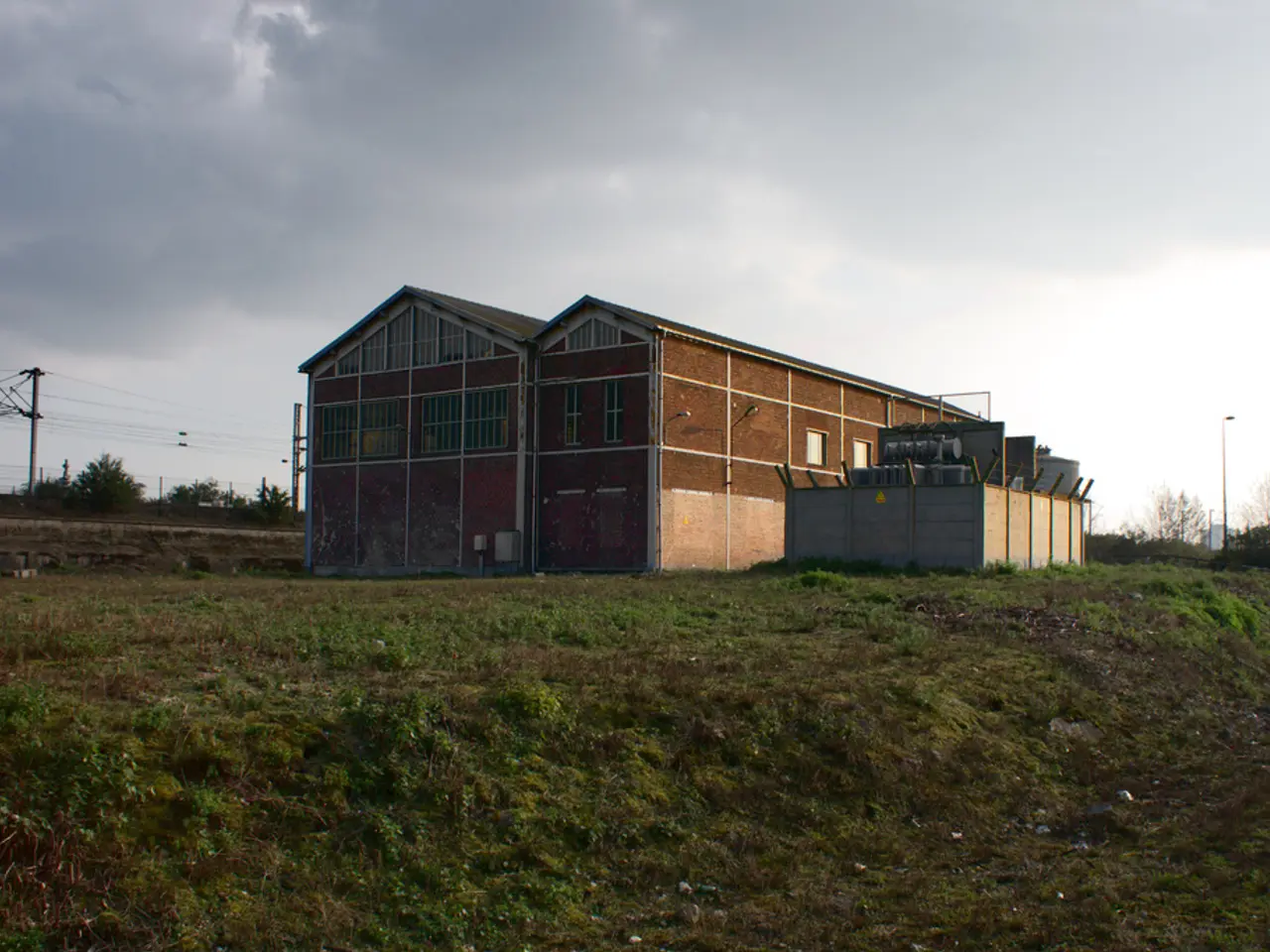Republicans in the House move closer to voting on Trump's proposed tax reduction legislation
U.S. President Donald Trump's much-anticipated tax-cut and spending bill, commonly known as the "big, beautiful bill," has taken a significant step forward after being passed by the Senate. The Senate Republicans approved the bill in a close vote on July 1, 2025, following an all-night session[2].
The bill, which contains many of Trump's top domestic priorities, including tax cuts, immigration enforcement, and funding for immigration crackdown, now moves to the House of Representatives for consideration[3]. As of the latest information available, the House is currently convening to address legislative business, including preparing for debate on this bill[1].
However, the path for the bill in the House is not without challenges. The bill would extend Trump's 2017 tax cuts, cut health and food safety net programs, fund Trump's immigration crackdown, zero out many green-energy incentives, and increase the nation's debt ceiling by $5 trillion[4]. This has raised concerns among both Democrats and some Republicans, particularly regarding the potential impact on the nation's debt and Medicaid funding[5][6].
Minority Democrats are expected to make a final stand against the legislation, arguing that its tax breaks disproportionately benefit the wealthy[7]. Democrats are united in opposition to the bill, with Representative Jim McGovern stating that it is "catastrophic" and not policy, but punishment[8].
Representative Chip Roy of Texas is leading three holdouts who have raised concerns about increasing the deficit and high levels of spending[9]. Republican Representative Andy Harris has also stated he is a 'no' on the bill and believes there are enough votes to block it[10].
The procedural vote on the bill was held open for more than seven hours, indicating a close vote and potential for disagreement within the Republican party[1]. Nonpartisan analysts have also warned that the bill will add $3.4 trillion to the nation's debt over the next decade[11].
Lawmakers must address the increase in the nation's debt ceiling in the coming months or risk a devastating default[12]. The House's passage of the bill would then send it back to the Senate for another vote, given that any changes made by the House would require another Senate vote, making it difficult to meet the July 4 deadline[13].
The legislative process unfolds, providing further updates on the bill's status in the House and the specific points of contention. The outcome of the bill's journey through the House remains uncertain, but it is clear that the bill's passage through the Senate has brought it one step closer to potentially becoming law.
- The bill's passage in the Senate has placed it in a pivotal position, moving it to the House of Representatives for further consideration.
- The bill, with its extensions of Trump's 2017 tax cuts and funding for immigration crackdown, has raised concerns among Democrats and some Republicans regarding potential impact on the nation's debt and Medicaid funding.
- Minority Democrats argue that the bill's tax breaks disproportionately benefit the wealthy, labeling it as not policy, but punishment.
- Republican Representative Andy Harris, along with three others, has expressed concerns about increasing the deficit and high levels of spending, potentially providing enough votes to block the bill.
- The procedural vote on the bill's passage was delayed for several hours, indicating a close vote and potential disagreement within the Republican party.
- As the bill continues its journey through the House, lawmakers must address the increase in the nation's debt ceiling within the coming months to avoid a devastating default, yet the outcome of the bill's passage remains uncertain.





